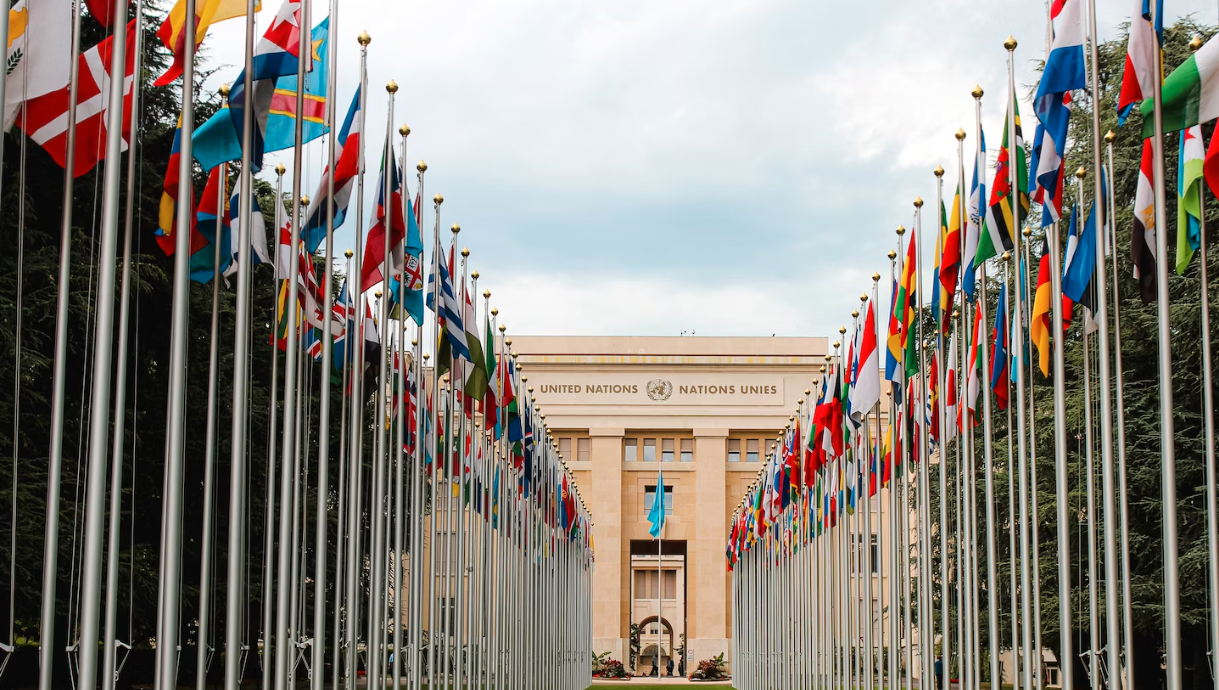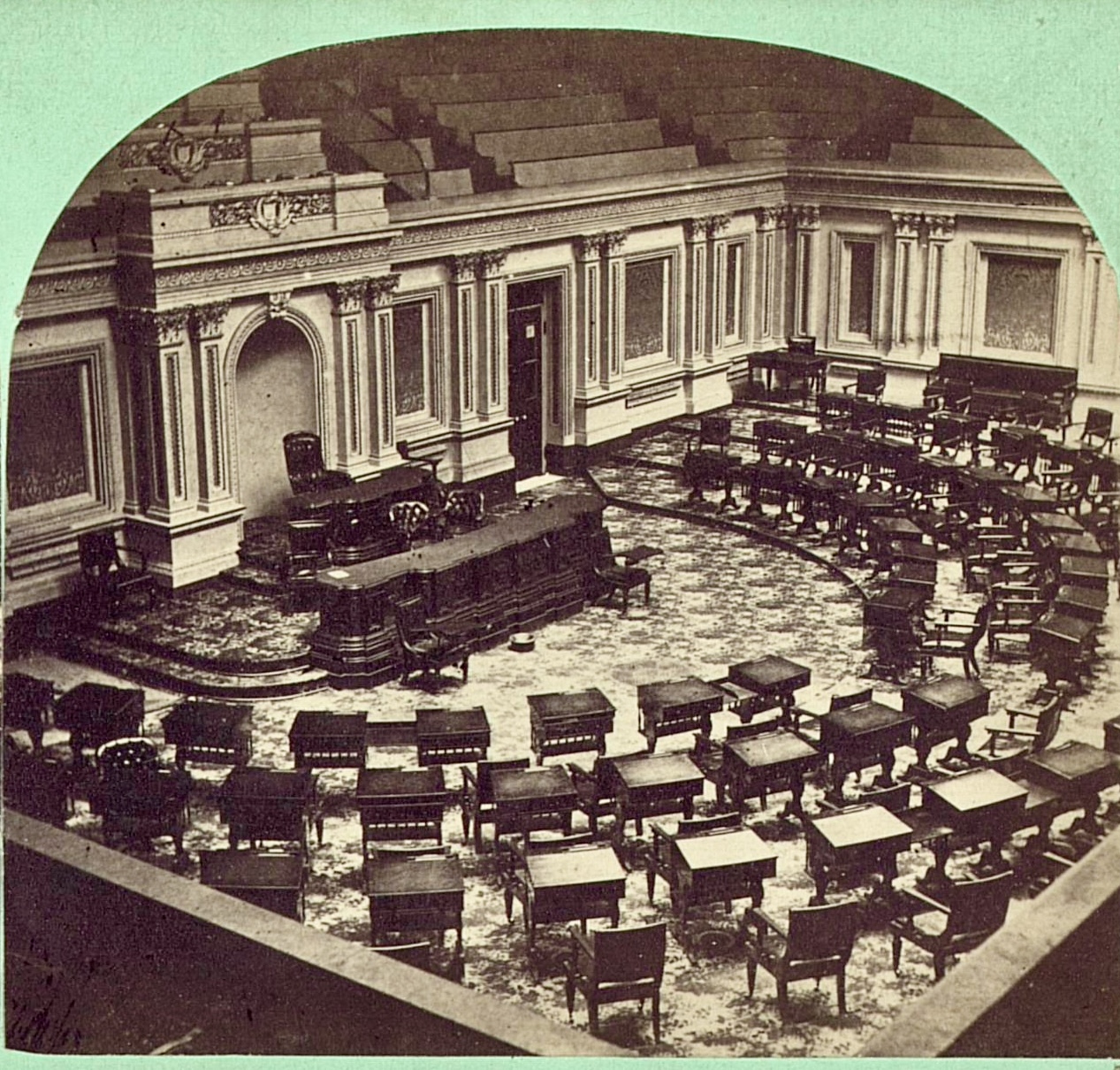In a move that has set off alarms among privacy advocates, French authorities have passed a controversial ‘justice reform bill’. This legislation grants law enforcement the power to remotely activate the cameras, microphones, and GPS systems on a suspect’s cellphone, effectively allowing them to engage in covert surveillance.
According to the People’s Gazette, this bill not only permits geolocation of suspects, but also extends to laptops, cars, and other connected devices. The provision allows the police to remotely record sound and images from devices belonging to individuals suspected of terrorism, organized crime, or delinquency. In the wake of weeks of muslim youth gang violence that bordered on civil war the French nation sees its own civil rights further slip away.

This expansion of surveillance powers has sparked significant criticism from French digital rights advocacy group, La Quadrature du Net. The organization warns that these provisions may violate fundamental liberties, including the right to security, the right to a private life and private correspondence, and the freedom of movement.
However, French lawmakers have defended the bill. Justice Minister Eric Dupond-Moretti has stated that the bill would be applicable only to a handful of cases each year. An amendment has been made to ensure the remote spying is ‘justified by the nature and seriousness of the crime’ and ‘for a strictly proportional duration’ after being approved by a judge.
The lawmakers have also stated that professionals in sensitive roles, such as journalists, judges, lawyers, doctors, and MPs, are not legitimate targets for such surveillance.

Last month, the French Senate approved the provision that allows law enforcement to secretly activate surveillance technology on a suspect’s devices. This bill, known as the “Keeper of the Seal” bill, is considered by some to be France’s equivalent to the U.S. Patriot Act, enacted after the 9/11 attacks.
The U.S. Federal Bureau of Investigation (FBI) has been known to use similar surveillance methods in the aftermath of 9/11, utilizing ‘roving bugs’ to pick up room audio, as opposed to traditional wiretaps which monitor phone conversations and electronic communications.
The French Justice Minister has assured the public that the new law will not lead to Orwellian-style surveillance, and that “people’s lives will be saved” as a result. Yet, privacy advocates and rights groups remain skeptical, voicing concern about the potential erosion of civil liberties in the name of security.







